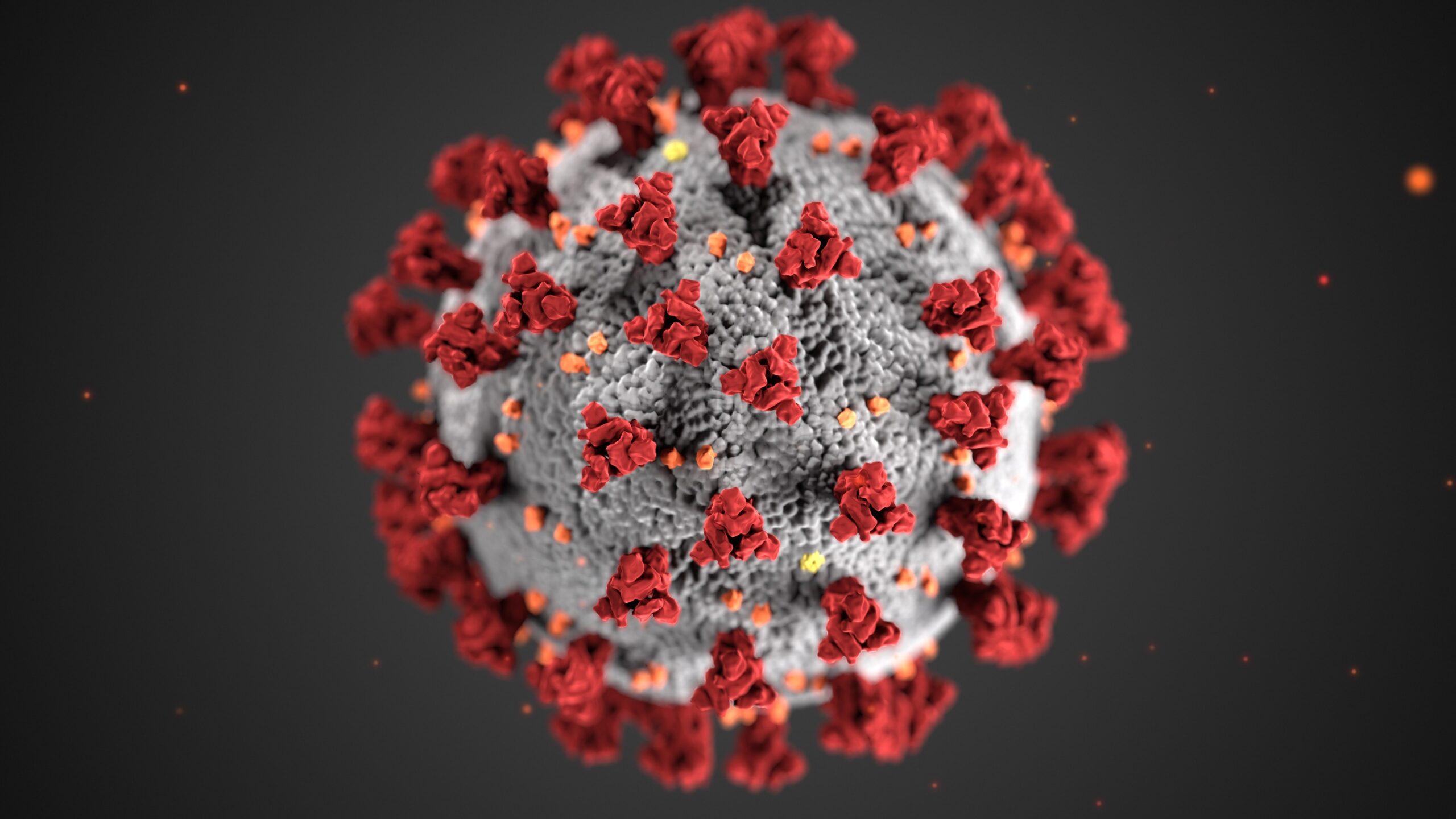
A phase II study of the CODES project began.
The CODES project is Estonia’s first study of factors influencing the decision-making of local governments in the coronavirus crisis. The focus of the second stage of the survey will be on crisis units dealing with the crisis caused by the COVID-19 virus disease in Saaremaa rural municipality and Tallinn city as of December 2020, i.e. the second wave of the coronavirus crisis.
The first stage of the CODES project examined the factors that influenced the decisions of local governments at the beginning of the coronavirus crisis, i.e. the first wave, and now the sequel has reached the second wave study. “Despite the fact that the coronavirus crisis is ongoing, this project is, in a way, a retrospective. Members of the crisis units of Saaremaa and Tallinn will be asked to describe what has been experienced in the first waves of the crisis,” said Anne-May Nagel, founding member of the Crisis Research Centre.
The first phase of the project was completed in June 2021. “The results of the first stage study of the CODES project showed that local authorities are influenced by different factors in crisis management decisions, such as stress or media pressure. The purpose of the second wave study is to obtain comparative data to understand how circumstances affecting decision-making processes develop in a long crisis,” Nagel described. Within the framework of one of the sub-objectives of the CODES project, the pre-eminent problem issues have also been studied in the framework of two main major events (the Kuressaare volleyball games in Saaremaa and the F. Kirkorov concert in Tallinn) and related decision-making processes.
It is to be welcomed that the quality of crisis management is getting more and more attention. “Regardless of the duration and type of crisis, effective crisis management in a simplified view is only a series of well-thought-out decisions that are implemented in a coordinated manner. Unfortunately, decision-making processes as a whole are influenced by very different factors, the impact of which in the face of a mega-crisis that has yet to be studied too little,” he added.
The first wave study showed that the decision-making processes of crisis management are influenced by various factors, such as risk perception, emotions, but also by the gender and age of the decision-maker. Therefore, the CODES project has a number of other sub-objectives, the following stages of which analyse the similarities between factors affecting gender, age and occupational profiles and their relationship patterns.
The second stage study of the CODES project will be completed in June 2022, the study will be financed by the Rescue Board and Saaremaa rural municipality.
Share:
